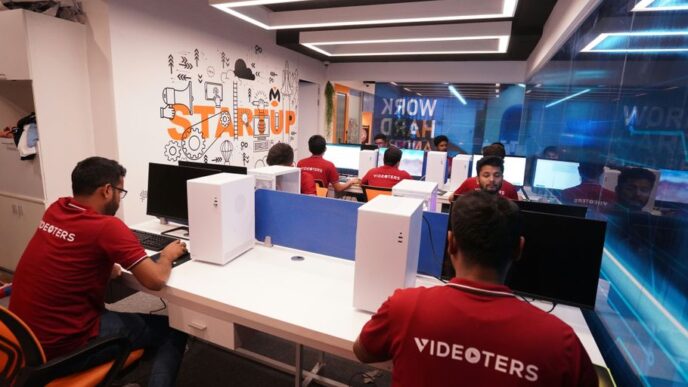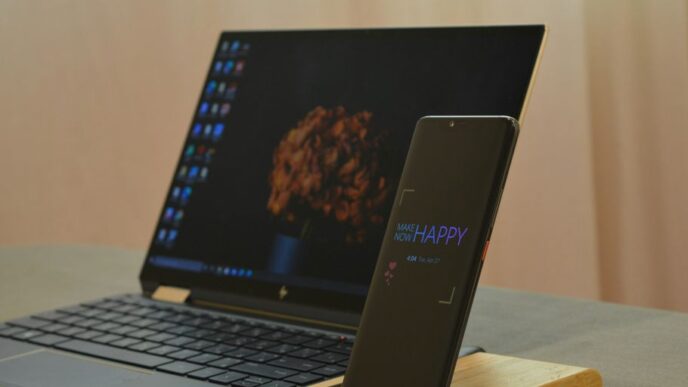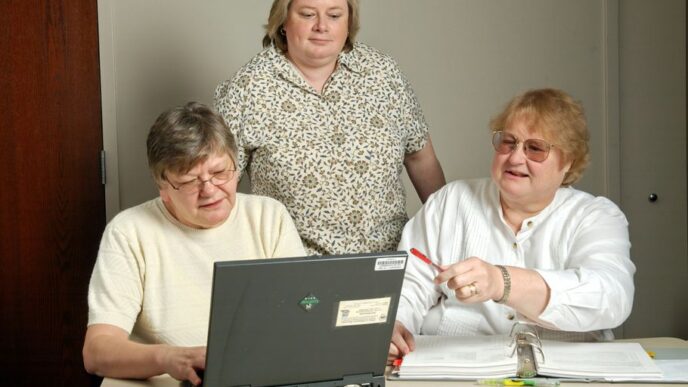The Cambridge Analytica scandal was an axiomatic moment in the politics of the 21st century. In 2018, international publics for the first time became aware that their data was being harnessed not just for commercial gains, but for political ones too. The data firm was at the cutting edge of scraping data from Facebook without the consent of users to build an idea of which messages to push and to whom. Analytica provided services to the Brexit campaign and then to Trump in the 2016 presidential election. These results will undoubtedly shape the world for generations to come.
But now, six years after the scandal broke, what is remarkable is that the methods Analytica pioneered seem antiquated. Psychographic profiling, as Analytica termed it, is still in use, but the focus of firms operating in this political grey zone has changed. They now prioritise the mass amplification of messages – with the quantity of posts often put before quality targeting. Indeed, as the world has taken to social media, political campaigning has become as much about ‘share of voice’ as speaking directly to core constituencies.
They say that the path to hell is paved with good intentions, and this strikes true in the analysis of general election campaigns across the globe. It is no longer just authoritarian states like Russia that are leveraging fake social media accounts to drive certain narratives and win hearts and minds. Self-described democratic political parties – and democratic politicians – have realised the value of such tactics and have developed their own capabilities.
The Democrats in the United States are one such example, the party having used psychographic targeting strategies since Barak Obama ran for and won the Presidency in 2008. Obama’s team proved adept at scraping social media APIs for relevant data – which is not illegal, by the way – adjusting their messaging for specific segments of the American electorate.
In July’s UK elections, Parliamentary candidates are known to have used so-called ‘third party pages’ – non-official pages on social media – to promote not themselves but issues related to their target constituencies, and to criticise their opponents. A voter living in Southwest London, for example, might have received targeted social media ads about traffic pollution but from a page that had no obvious political affiliation. Is this raising a legitimate political concern or a manipulative tactic? Public opinion might stray towards the latter.
The developing world, far from being immune to these tactics, has become a breeding ground for them. In Venezuela, which will hold elections on July 28th, the political opposition is fighting hard to wrest the socialist government from power – but seems to be trailing in the race. As their odds have widened, opposition leaders like the Harvard-educated Leopoldo López have helped to encourage the adoption of grey-zone social media tactics.
Social media bots – fake accounts used to dupe voters – have become ubiquitous in Venezuela. They are used to amplify opposition candidates in adoring terms and, conversely, to work to undermine the credibility of government candidates. ‘You are a criminal and Venezuela wants you gone’, said one impersonating account in response to a fairly neutral post on economic policy by a government spokesperson.
How does one tell fake from friend? In the Venezuelan context, it’s not as hard as it might sound. For one, the majority of pro-opposition accounts operating in the space do not have photos attached to their profiles. Their handles – the ‘@XYZ’ formulation that makes accounts unique on X – are also randomised. The average user when selecting a handle would decide to personalise it, however slightly. A user attempting to hide their identity would not.
Speaking about the threat of social media disinformation, the head of a noted digital research firm has warned of ‘the combination of the chaos that the generative AI tools will enable’, emphasising that the extent of disinformation was an ‘unfolding disaster in front of our eyes’. His comments reflect extreme concern that the cost of such underhand tactics will be trust in the democratic process itself.
From Caracas to the US and even the suburbs of London, there is overwhelming proof that political actors are having success manipulating social media for electoral gain. Until top platforms like X and Meta are better regulated, they largely have free rein to keep doing so. Despite pressure from policymakers in the EU, if better regulation is a distant prospect, then voters – as time-consuming as this might be – will increasingly have to take things into their own hands.
They should know that social media narratives – what’s popular and what’s not – can often be deceiving. Voters must also learn to tell fake from real accounts – good actors from bad – to ensure that they can be politically engaged, but not fall prey to manipulation.













